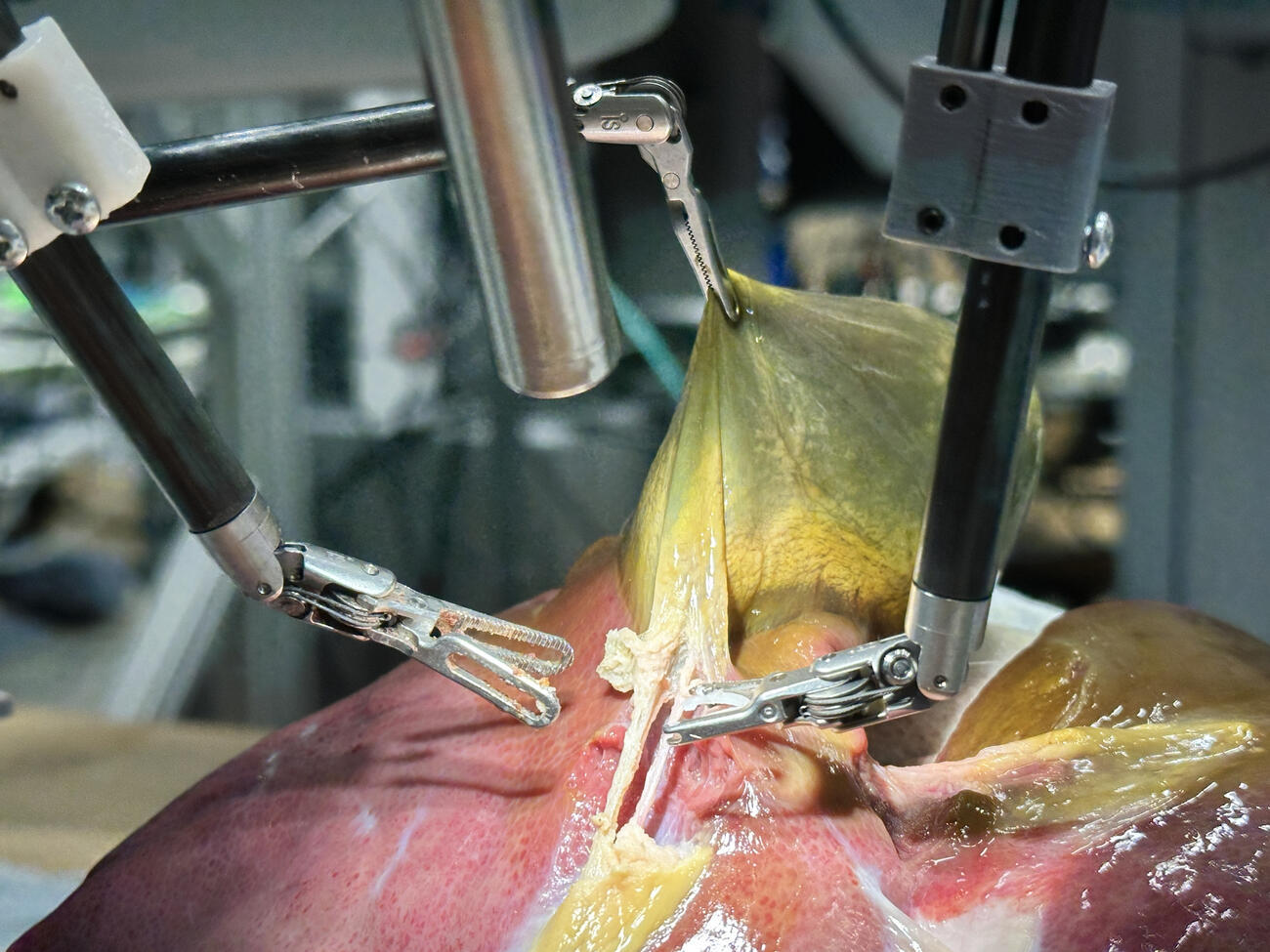A robot trained on videos of surgeries performed a lengthy phase of a gallbladder removal without human help. The robot operated for the first time on a lifelike patient, and during the operation, responded to and learned from voice commands from the team—like a novice surgeon working with a mentor.
The robot performed unflappably across trials and with the expertise of a skilled human surgeon, even during unexpected scenarios typical in real life medical emergencies.



Yeah but the training set of videos is probably infinitely larger, and the thing about AI is that if the training set is too small they don’t really work at all. Once you get above a certain data set size they start to become competent.
After all I assume the people doing this research have already considered that. I doubt they’re reading your comment right now and slapping their foreheads and going damn this random guy on the internet is right, he’s so much more intelligent than us scientists.
Theres no evidence they will ever reach quality output with infinite data, either. In that case, quality matters.
No we don’t know. We are not AI researchers after all. Nonetheless I’m more inclined to defer to experts then you. No offence, (I mean there is some offence, because this is a stupid conversation) but you have no qualifications.
It’s less of an unknown and more of a “it has never demonstrated any such capability.”
Btw both OpenAI and Deepmind wrote papers proving their then models would never approach human error rate with infinite training. It correctly predicted performance of ChatGPT4.